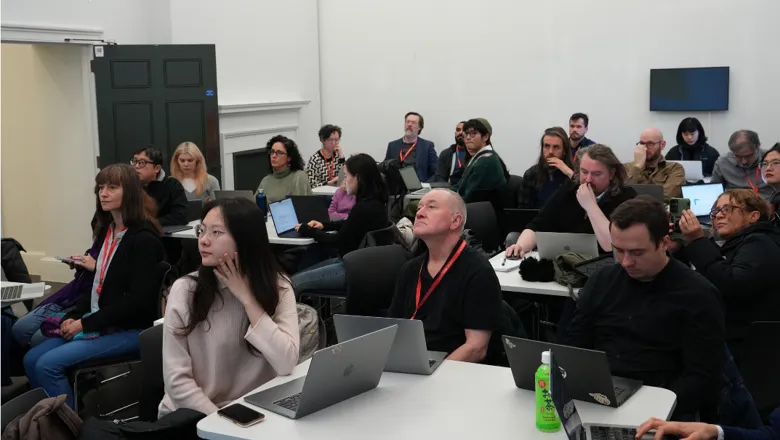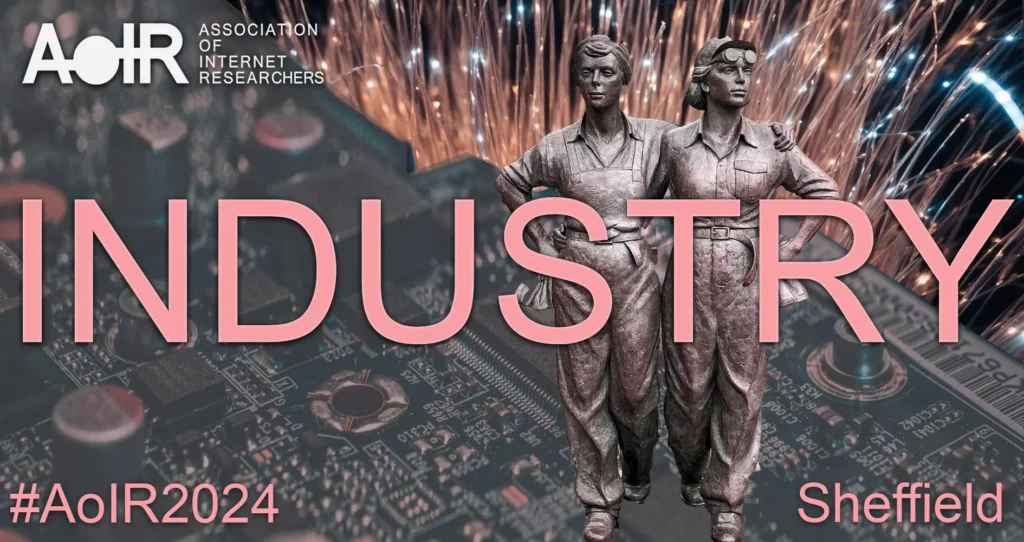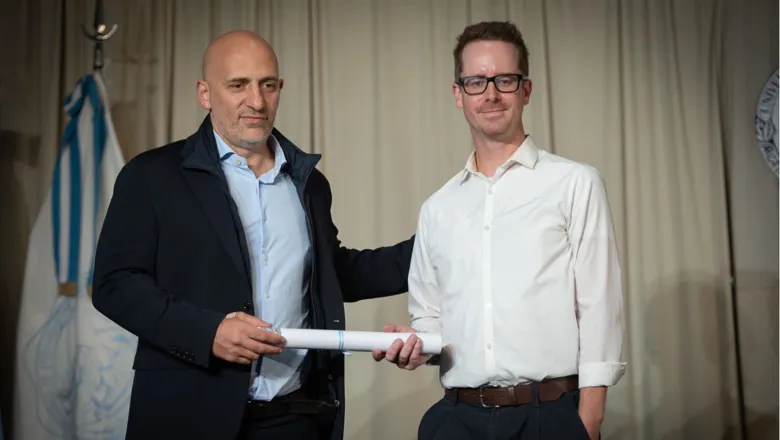Event organised by Andrea Farina and Barbara McGillivray.
To register for the event, please visit King’s official webpage.
Join us for “Crossing Boundaries: Celebrating Linguistic Diversity at King’s”, an exciting initiative designed to explore the vibrant world of languages and how they shape our understanding of motion and space. In today’s global city of London, where many languages are at risk of disappearing, it has become more important than ever to celebrate linguistic diversity. At King’s, we are committed to promoting inclusivity by valuing the many languages spoken by our students and staff.
This event offers participants the opportunity to gain a deeper understanding of linguistic diversity by exploring how different languages express motion through space. By comparing motion verbs across a variety of ancient and modern languages, we will highlight the cultural and linguistic contexts that shape how we perceive movement and space. A key aspect of this event is the active involvement of students, which plays a crucial role in promoting and preserving the languages that define our communities. By engaging in this project, you will contribute to keeping these languages alive and fostering a more inclusive, culturally aware environment, both at King’s and beyond.
What to expect
During this engaging event, participants will have the opportunity to explore and contribute to an interactive digital tool designed to compare motion verbs across various languages. This resource will offer insights into how different languages express movement and spatial relationships, providing examples from both ancient and modern languages. By examining the diverse ways in which languages encode direction and motion, participants will gain a deeper understanding of how language structures influence thought and cultural perspectives. The day will also include a hands-on, collaborative workshop where participants will actively contribute to the creation of the “Paths of Motion” art installation — a visual representation of linguistic diversity. This is an exciting opportunity to leave a tangible mark on the artwork, as the installation will be co-designed and co-created by the participants, making them a key part of this dynamic and creative project. Lunch will be provided during the break to ensure a comfortable and enjoyable experience throughout the day.
Who can attend
This event is open to undergraduate and postgraduate students from the Faculty of Arts and Humanities at King’s College London, especially those from the departments of Classics, Digital Humanities, English, Languages, Literatures and Cultures, Education, Communication & Society, and the King’s Language Centre. As spaces are limited to 25 participants, we ask interested students to complete a registration form. We kindly request that only those who are confident they can attend register for the event. To ensure the workshop celebrates and reflects linguistic diversity, we will ask participants to share their native language(s) and/or any other languages you speak as part of the form. This information will help us create a balanced group representing a variety of linguistic and cultural perspectives.
Please don’t worry if others share your language – we aim to include everyone fairly while maintaining diversity. Whether you’re fluent in multiple languages or just one, your participation and unique perspective are valued and welcome!
Only registered participants will be able to attend the event.
Important dates
- Registration deadline: 28th February 2025.
- Notification of acceptance: 7th March 2025.
- Event: 31st March 2025.







 Left to right: Emiliano Yacobitti, Vice-Rector of the University of Buenos Aires, and Dr Nick Srnicek, Senior Lecturer in Digital Economy at King’s College London. Photo credit: Guillermo Llamos
Left to right: Emiliano Yacobitti, Vice-Rector of the University of Buenos Aires, and Dr Nick Srnicek, Senior Lecturer in Digital Economy at King’s College London. Photo credit: Guillermo Llamos